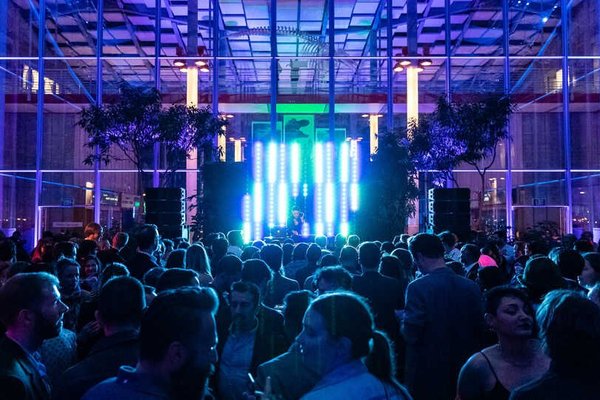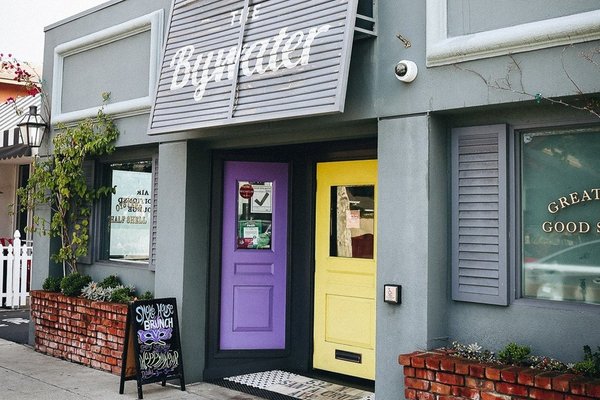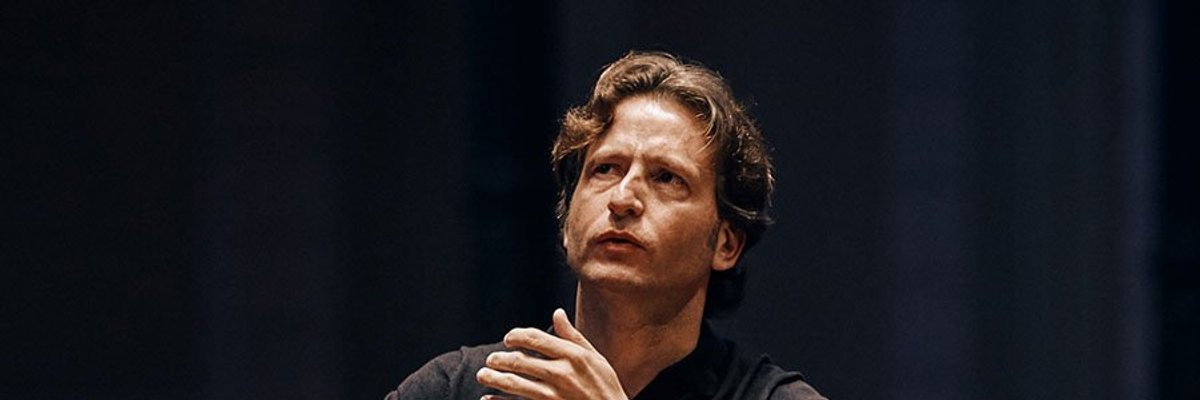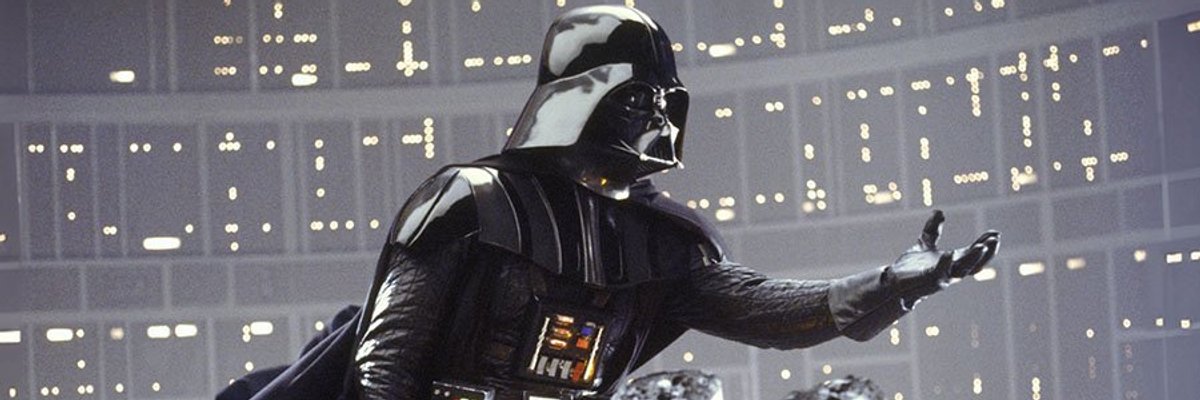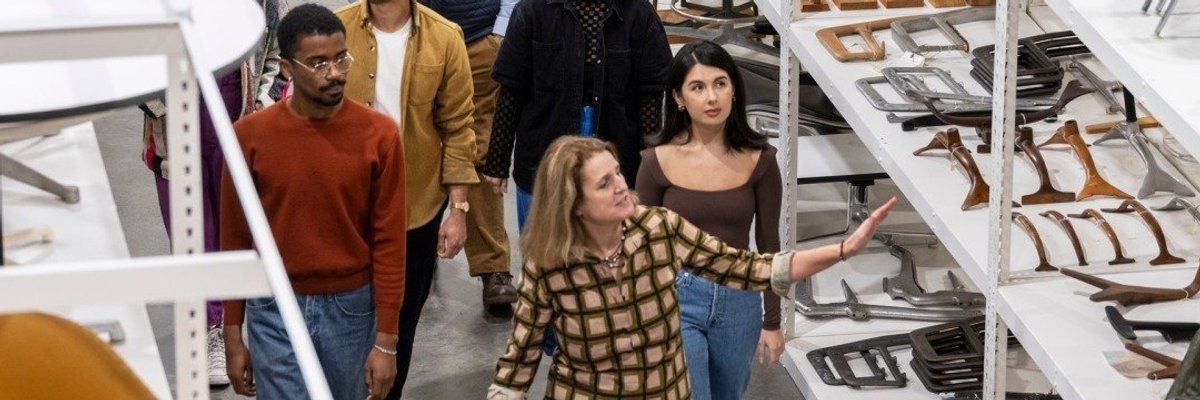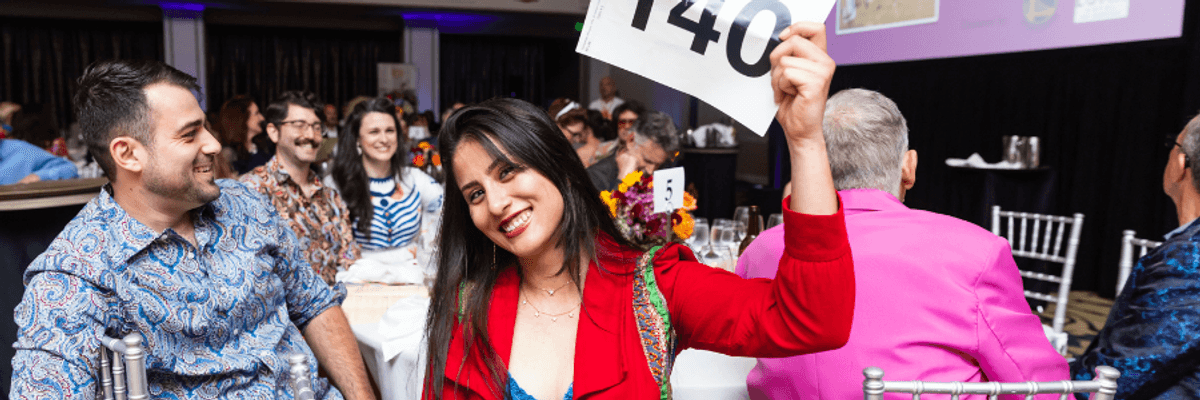Despite the box-office fanfare and critical acclaim that have greeted his best-known offerings, including 1998’s Out of Sight and 2000’s potent one-two punch of Traffic and Erin Brockovich, director Steven Soderbergh may never live down the success of his then-controversial breakthrough, 1989’s Sex, Lies and Videotape.
Winner of the coveted Palme d’Or at the Cannes Film Festival and the Audience Award at Sundance, Soderbergh’s bruising contemplation of self-denial, artless deception and emotional exhibitionism not only earned the director a reputation for fiercely intelligent, unconventional storytelling, it helped put Robert Redford’s annual celebration of independent film on the map.
Just don’t expect Soderbergh, 46, to indulge in flights of nostalgia. Although Sundance organizers recently asked for a return engagement to celebrate the film’s 20th anniversary – a request he dutifully accommodated, taking a momentary breather from his whirlwind tour to promote Che, his biography of slain revolutionary Ernesto “Che” Guevara – Soderbergh isn’t inclined to dwell on even the fondest memories.
On Sex, Lies and Videotape and the rise of Internet pornography:
“The movie wasn’t designed to be sexually shocking at the time. It was never so outrageous that people were going to flee the theaters. It’s a movie about betrayal and intimacy, and James Spader’s video camera was just a conceit that I used to tell a story. It’s a long way from what James is doing in Sex, Lies and Videotape to [infamous YouTube sensation] Two Girls, One Cup. Nowadays, the Internet allows everyone the chance to identify and celebrate their niche desires.
“Does that mean our standards have lowered? No, I think that’s bullshit. There isn’t anything that’s going on right now, including Two Girls, One Cup, that the Marquis de Sade didn’t write about at length, centuries ago. It’s the idea of every generation that they’ve invented some bold new sexual activity or a more enlightened approach to sex, and it’s just not true. There is no generational shift that I know of, just technology that allows us greater access.”
On Facebook, text-messaging and the increasing popularity of real-time communication:
“I have a daughter who’s going to be 18 in a couple weeks, and she is way more mature than I was at the same age. I think it’s because she is communicating more frequently with her friends and the people she’s in relationships with than I ever did. You could argue that e-mailing, text-messaging and Facebook isn’t as meaningful as one-on-one interaction, but the sheer volume of it compensates for any supposed lack of quality.
“And the alarmist’s view of it, that relationships based in that kind of communication are doomed to fail, is hilarious to me. Why are they going to fail? Maybe the people who spend their formative years hooking up and learning to communicate honestly with each other will have better marriages at 28 or 29 than if they’d been married at 21. I don’t have a Facebook account myself – my wife has to drag personal information out of me, and I just don’t see any appeal in letting people know what I’m doing 24 hours a day – but I don’t see it as a threat.”
On the effect of evolving technology on everyday conversation and art
:
“I am very hesitant to take a nostalgic view of the way things were, or to accept an objective standard that needs to be respected, because that’s the kind of shit you heard when rock ’n roll was started. But if I’m watching a film, I can tell immediately if the director knows what he’s doing. There’s a big difference between a skilled director who deliberately breaks certain rules, and someone who breaks the rules simply because he doesn’t know that they exist or why. One is fascinating, the other is irritating.
“I can take a lot of pleasure in destroying my knowledge of how to form a sentence in an e-mail or a text because it’s fun, and I can make fun of the fact that I’m destroying it. But that’s not the same thing as not knowing how to construct a sentence in the first place.”
On committing himself to star-studded projects like Ocean’s Eleven and his money to less commercial art-house fare:
“The first Ocean’s Eleven was a terrifying experience because it required a kind of filmmaking that I’d never attempted before, and if I failed it would have been a very public failure. It took me a week before I found the grammar of that movie, so the first five days of shooting had me really flipped out. But then I figured out the geometry of how the movie should be shot, all in this one scene I was filming.
“It doesn’t always work like that. I’ve spent way too much money on some of my stranger ideas, and I’m trying to be smarter about that. Look at Cleo [Soderbergh’s upcoming rock opera based on the life of Cleopatra]. It’s pretty out there, sure, but it’s a very accessible idea, a musical with a lot of fun, poppy songs. But to the people who are financing the movie, all they know is that I want to make a 3-D musical, something like Tommy, and that could work or it could be a huge disaster. It’s not an easy sell.”
On his desire to make a movie about Che Guevara:
“I was drawn to Che as a subject for a movie not only because his life reads like an adventure story, but because I am fascinated by the technical challenges that go along with implementing any large-scale political idea. I wanted to detail the mental and physical demands his campaigns required, and illustrate the process by which a man born with an unshakable will discovers his own ability to inspire and lead others.”
On selling Che, a four-and-a-half hour epic, to audiences weaned on shorter entertainments:
“The roadshow tour we’ve done has proven there’s an audience for a different kind of moviegoing experience. We were selling out in New York and L.A. every night, and we have all the time in the world to take Che to cities and college towns across the country. We’re not attached to some publicity machine, and we’ve got no money because no major studio was going to come near a project like this. But that’s the liberating thing about having no money. There’s no rush. It’s how making a movie should feel.”










